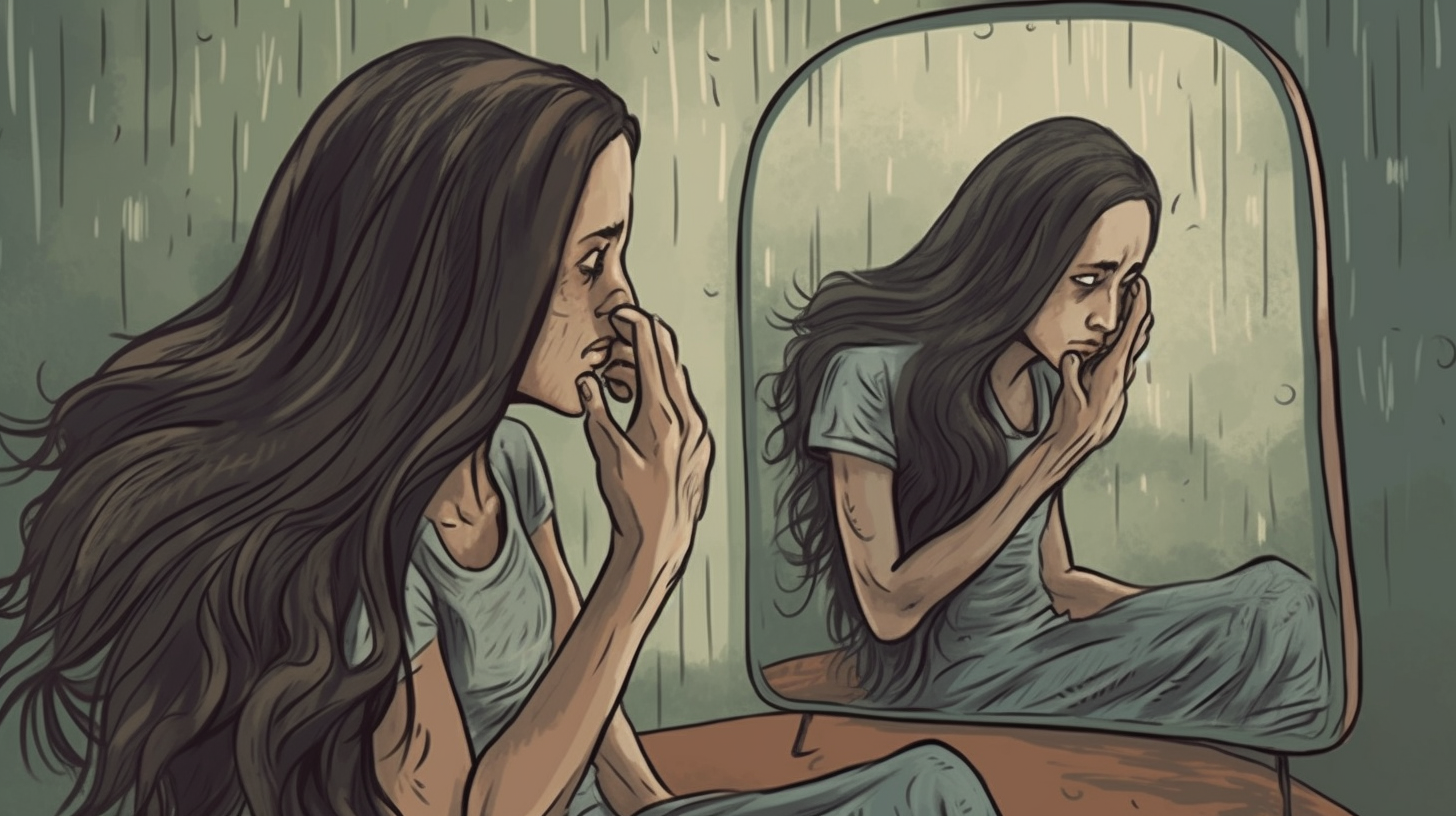Is Dandruff Contagious? Debunking the Myths and Facts
Dandruff is a common scalp condition that affects millions of people worldwide. It is characterized by the presence of white or yellow flakes on the scalp and can be accompanied by itching and irritation. One question that often arises when discussing dandruff is whether it is contagious. In this blog post, we will debunk the myths and facts surrounding dandruff’s contagiousness, providing you with accurate information to address your concerns.
Understanding Dandruff
Before diving into the contagiousness of dandruff, let’s first understand what causes this common scalp condition. Dandruff is primarily caused by an overgrowth of a yeast-like fungus called Malassezia. This fungus is naturally present on everyone’s scalp but can become problematic when it multiplies excessively.
When Malassezia grows in abundance, it leads to an accelerated turnover of skin cells on the scalp. This rapid shedding results in the formation of visible flakes, which we commonly refer to as dandruff. While the exact reasons for Malassezia overgrowth are still not fully understood, factors such as oily skin, hormonal changes, stress, and certain medical conditions can contribute to its development.
The Contagiousness Debate
Now let’s address the burning question: Is dandruff contagious? The short answer is no. Dandruff itself is not contagious and cannot be transmitted from one person to another through direct contact or sharing personal items like combs, hats, or pillows.
The reason behind this lies in the fact that dandruff is primarily a result of an individual’s unique scalp condition and their body’s response to Malassezia overgrowth. While it may seem like dandruff can spread from person to person due to its visibility and association with poor hygiene, it is important to understand that external factors do not directly cause dandruff.
However, it is essential to note that the underlying causes of dandruff, such as Malassezia overgrowth, can be influenced by genetic factors. If you have a family member who experiences dandruff, you may be more prone to developing it yourself. In this sense, there may be a genetic predisposition for dandruff, but it is not contagious in the traditional sense.
Distinguishing Dandruff from Other Scalp Conditions
While dandruff itself is not contagious, it’s important to distinguish it from other scalp conditions that can be transmitted. One such condition is scalp ringworm (tinea capitis), which is a fungal infection that can cause similar symptoms to dandruff, including flaking and itching.
Scalp ringworm is highly contagious and can spread through direct contact with an infected individual or by sharing personal items like hats or hairbrushes. If you suspect that you or someone you know has scalp ringworm rather than dandruff, it is crucial to seek medical attention for proper diagnosis and treatment.
Managing Dandruff
Now that we have established that dandruff is not contagious, let’s focus on how to manage this common scalp condition effectively. While there is no cure for dandruff, several measures can help control its symptoms and reduce flare-ups:
- Maintain good scalp hygiene: Regularly shampooing your hair with an anti-dandruff shampoo can help remove excess oil and dead skin cells from the scalp. Look for shampoos containing ingredients like zinc pyrithione, ketoconazole, selenium sulfide, or coal tar, as these are known to effectively combat dandruff.
- Avoid excessive use of hair products: Certain hair products, such as gels, mousses, and hairsprays, can contribute to scalp irritation and dandruff. Limit the use of these products or opt for those labeled as “dandruff-friendly.”
- Manage stress levels: Stress has been linked to various skin conditions, including dandruff. Incorporating stress management techniques like exercise, meditation, or yoga into your routine can help reduce dandruff symptoms.
- Follow a healthy diet: A balanced diet rich in vitamins and minerals can promote a healthy scalp. Include foods like fruits, vegetables, whole grains, and lean proteins in your meals to support overall scalp health.
- Avoid excessive heat styling: Excessive heat from tools like hairdryers and straighteners can dry out the scalp and worsen dandruff symptoms. Limit the use of these styling tools or use them on a lower heat setting to minimize damage.
If over-the-counter anti-dandruff shampoos do not provide relief or if your symptoms worsen, it is advisable to consult a dermatologist. They can assess your condition more thoroughly and recommend prescription-strength treatments if necessary.
Conclusion
In conclusion, dandruff is not contagious. It is a common scalp condition caused by an overgrowth of the fungus Malassezia. While dandruff itself cannot be transmitted from person to person, it is essential to differentiate it from other contagious scalp conditions like scalp ringworm.
To effectively manage dandruff, maintaining good scalp hygiene, avoiding excessive use of hair products, managing stress levels, following a healthy diet, and minimizing heat styling are key. By adopting these measures and seeking professional help when needed, you can keep dandruff under control and enjoy a healthier scalp.



